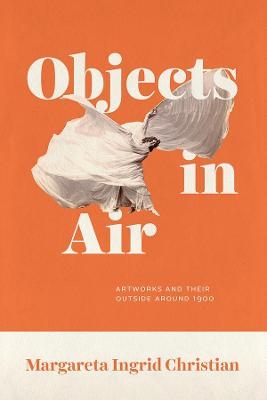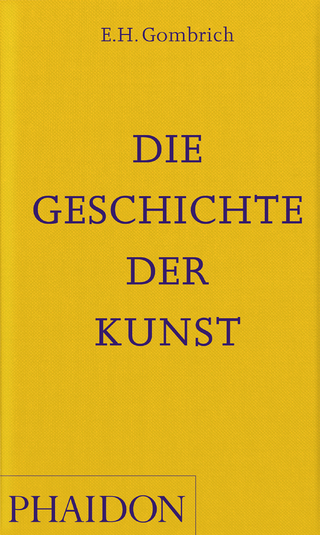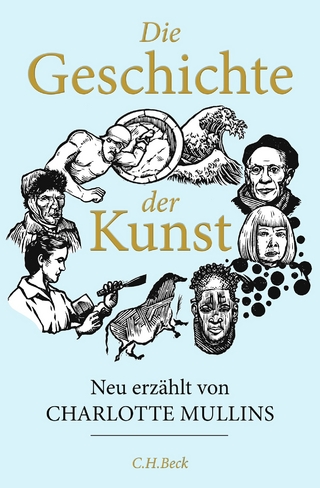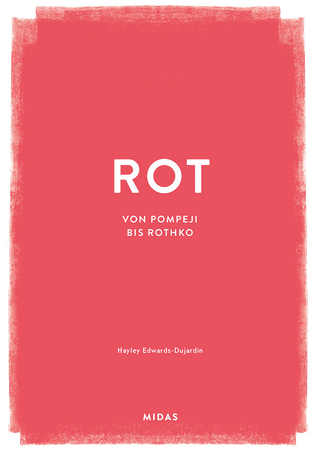
Objects in Air
University of Chicago Press (Verlag)
978-0-226-76477-1 (ISBN)
Writers created an early theory of unbounded form that described what Christian calls an artwork’s ecstasis or its ability to stray outside its limits and engender its own space. Objects viewed in this perspective complicate the now-fashionable discourse of empathy aesthetics, the attention to self-projecting subjects, and the idea of the modernist self-contained artwork. For example, Christian invites us to historicize the immersive spatial installations and “environments” that have arisen since the 1960s and to consider their origins in turn-of-the-twentieth-century aesthetics. Throughout this beautifully written work, Christian offers ways for us to rethink entrenched narratives of aesthetics and modernism and to revisit alternatives.
Margareta Ingrid Christian is assistant professor of Germanic Studies at the University of Chicago. She has published articles in a range of contributed volumes and journals, among them PMLA, German Studies Review, and History of Photography.
Introduction. Artworks and Their Modalities of Egress: The Air within and without Artworks
Politics of Extravagation
Mesologies of Form
Medium and Milieu, or the Material Spaces of Air
World Loss, Sitelessness, and the Artwork’s Environments
Aurai and Aura (Form and Space)
Empathetic Artworks, Extensive Subjects
1. Aer, Aurae, Venti: Warburg’s Aerial Forms and Historical Milieus
Anima Fiorentina
Inspiration
Stimmung/Atmosphere
Milieu as Air Ambiant
The Accessories’ Milieu
Botticelli’s Milieu
The Physiology of Influence
Disciplinary Milieus
2. Luftraum: Riegl’s Vitalist Mesology of Form
Horror vacui
Umgebung
Indehiscent Forms
Cubic Space (“Air-Filled Empty Space”)
Air Space
Respiración
External Unity
Kunstwollen
3. Saturated Forms: Rilke’s and Rodin’s Sculpture of Environment
Reticence and Radiance
Aesthetico-Biological Endeavors
“Archaic Torso of Apollo”
Aesthetic Metabolisms
Absorbed Milieus
Gravid Forms
Forms Striving for Incompletion
Temporal Ecstasis
4. The “Kinesphere” and the Body’s Other Spatial Envelopes in Rudolf Laban’s Theory of Dance
Choreutics
Spatiomaterial Radiance
Psychophysiologically Saturated Space
Anima, Air, Atmosphere: Laban and Kandinsky
Luftkur, Plein Air
Dance’s Biological and Architectural Lifeworlds
Coda. Space as Form
Acknowledgments
Notes
Bibliography
Index
| Erscheinungsdatum | 08.06.2021 |
|---|---|
| Zusatzinfo | 69 halftones |
| Sprache | englisch |
| Maße | 152 x 229 mm |
| Gewicht | 680 g |
| Themenwelt | Kunst / Musik / Theater ► Kunstgeschichte / Kunststile |
| ISBN-10 | 0-226-76477-X / 022676477X |
| ISBN-13 | 978-0-226-76477-1 / 9780226764771 |
| Zustand | Neuware |
| Informationen gemäß Produktsicherheitsverordnung (GPSR) | |
| Haben Sie eine Frage zum Produkt? |
aus dem Bereich


